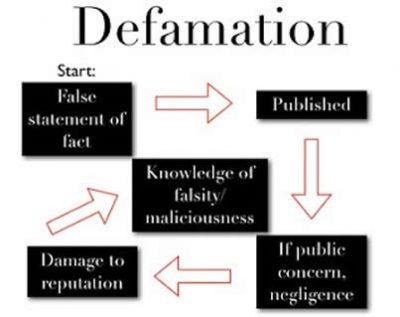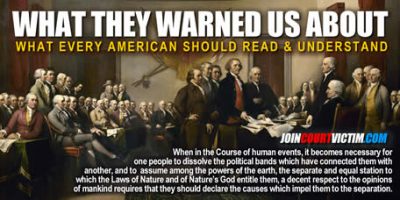Defamation and Network Smearing Election Machine Manufacturers

What is defamation? One definition is character assassination: the malicious and unjustified harming of a person’s good reputation. “all too often they discredit themselves by engaging in character assassination”. Currently, it looks to me like major social media service providers make statements that they “hope” will be taken as factual, but are not. Facebook and Twitter should not be able to censor what people say because they – the people who have the power to click truth away at these media conglomerates – don’t want anyone to read something that contradicts their beliefs. Their beliefs are their right to have, but not to force on others. Betsy Combier, [email protected] Editor, ADVOCATZ.com Editor, ADVOCATZ Blog Editor, NYC Rubber Room Reporter Editor, Parentadvocates.org Editor, New York Court Corruption Editor, National Public Voice Editor, NYC Public Voice Editor, Inside 3020-a Teacher Trials How defamation law is supposed to work: Networks couldn’t get away with smearing election machine manufacturers Edward Steinberg, NY DAILY NEWS, December 29, 2020 The late New York Sen. Daniel Patrick Moynihan famously said that “Everyone is entitled to his own opinion, but not his own facts.” Last week, right-wing “news” networks Fox News, Fox Business, Newsmax and OAN got a painful, awkward lesson in the legal meaning of Moynihan’s phrase. Since the election, these networks have broadcast their opinion, and that of President Trump’s, that the 2020 election was stolen. Of course, they have a First Amendment right to state this. But, lacking any evidence whatsoever, Trump, our fabulist-in-chief, in tandem with these Trump-echo networks, made up “facts” to lend support to this opinion: conspiracies involving George Soros; midnight ballot dumps; biased poll workers; and electronic voting systems from Dominion Voting Systems and Smartmatic that supposedly switched votes from Trump… Read More




